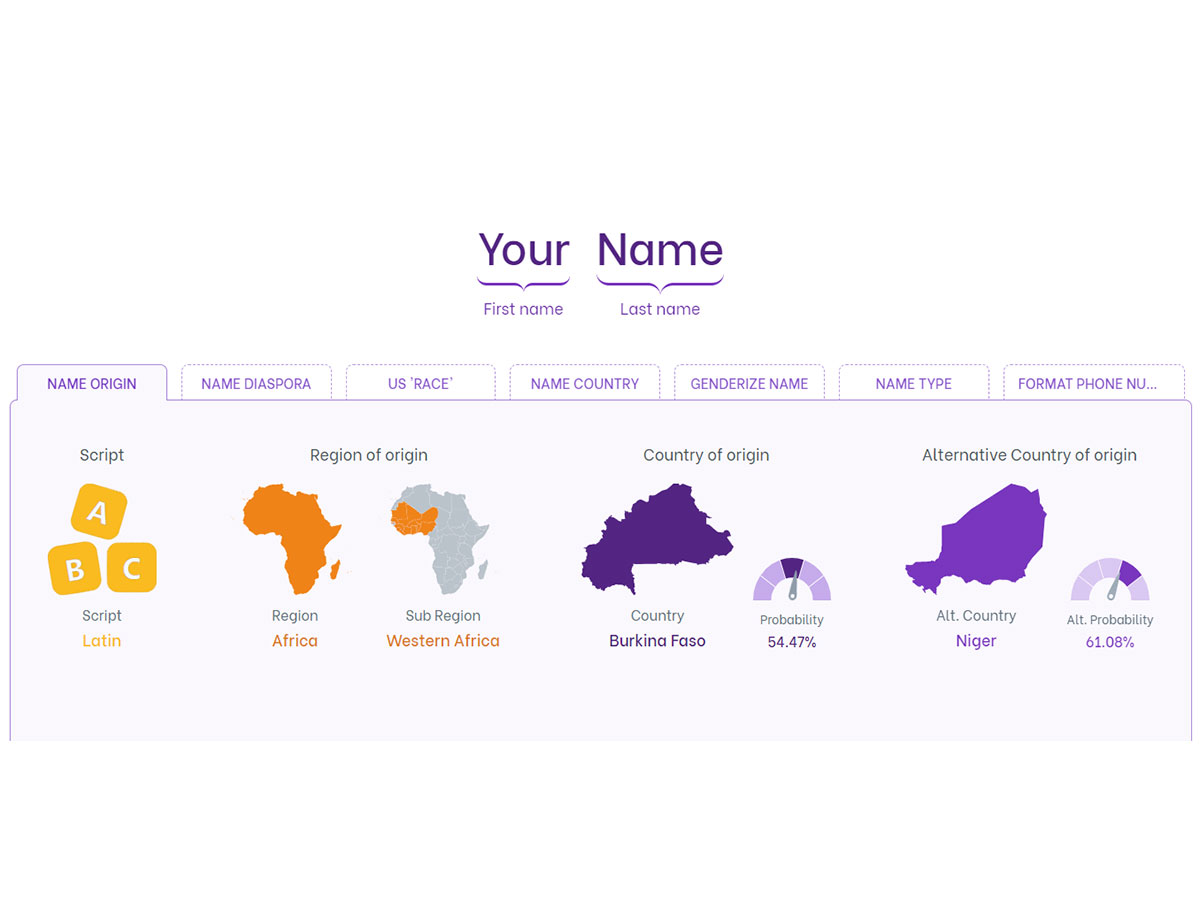
February 15, 2023
“The difference between try and triumph is a little umph.” –Marvin Phillips
Working in the field of genealogy research requires many thinking caps. This may be why I have found myself working at the Midwest Genealogy Center (MGC) at this point of my journey. I’m able to combine my interests in research, history, storytelling, generational impact, travel, social service, and the arts—to name just a few.
One motivation I’ve observed in my own research, as well as working with others on theirs, is the push to find out more. Maybe more means the answers to why your great-grandma seemingly disappeared. Perhaps we are seeking answers to why one’s great-great-grandfather didn’t tell anyone what drove him to immigrate to America on his own when he was 14. Sometimes—and this is a big driving factor in my own research—the events that shaped the lives of my ancestors hold clues to their behaviors and how those behaviors impacted multiple generations to follow.
Every seeker has a new or slightly different story to tell, and that keeps my interest. It’s nice to have those shared moments when a fellow genealogist makes a breakthrough and discovers more to an ancestor than just a name or place they lived. It’s those discoveries that help us build a connection to people we never met. Sometimes our connections to an ancestor exist through an occupation. For example, maybe your ancestor’s occupation was working in the arts, which might explain where you get your natural gifts for painting, etc. Clues like that help connect the present to the past and help us to discover a little more about ourselves.
A lot of the records in which we discover our ancestors are tied to events. These events may be neutral, such as a federal census record, or heartbreaking, such as forced removals, slavery, or other devastating changes. I encourage you to keep digging through the records housed online and in books or maps. These are the places where we find the triumphs. These are the places where we discover that our ancestors eventually owned their own land or home. These are the gentle reminders that we come from people who survived harsh conditions, and if they had not persisted, we wouldn’t be here today.
Sometimes, it really is about the “umph” in our research. If I hadn’t added a little “umph” to my own research, I would have never found a reference book at MGC that listed the death dates and place of burial of one of my great-grandfathers and a great-uncle in Oklahoma. In finding that information, it made the “realness” of their existence stronger.
MGC is here to help give pointers and suggestions on your research. I would encourage anyone reading this blog to attend a class, or our Spring Seminar, and follow along with our website and social media (Facebook, Twitter, and YouTube) for tips and announcements. Happy searching!
Shari G.
Midwest Genealogy Center
Read Similar Blogs:
Genealogy







